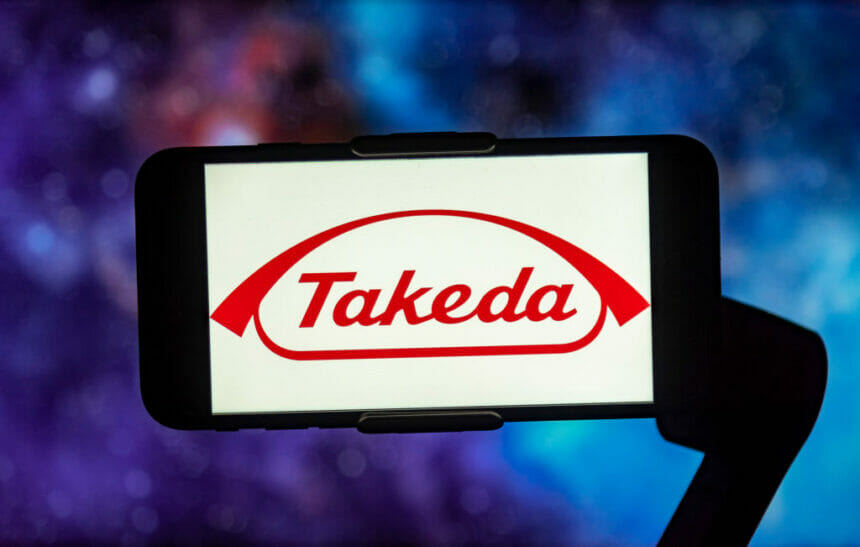Takeda is ending its partnership with Theravance Biopharma after seven years, following the failure of its post-operative gastrointestinal dysfunction drug in a Phase 2b trial.
In its quarterly report released Thursday, Takeda noted that the drug, TAK-954, “did not meet its endpoints” and that the two companies mutually agreed to discontinue further development of the program and the parties’ collaboration agreement.
Takeda is also cutting another pact with Enterome in Crohn’s disease, where it was developing a small molecule called sibofimloc. In tandem with the pipeline restructuring, Takeda is laying off some 180 employees, according to a recent WARN weekly report.
Even as it culled those programs, Takeda provided an update on its drug pipeline in its latest earnings report. The Japanese drugmaker said it will be doubling down on its development efforts and reported full year revenue growth of 12.8%.
In a statement, Takeda president and CEO Christophe Weber noted the company expects to face “temporary headwinds in FY2023” due to a drop in demand for COVID-19 vaccines as well as generic competition.
“[W]e are confident that strong momentum in our growth & launch products will drive a return to growth in the near-term,” Weber said. “We will continue to strengthen our long-term competitiveness through investments in R&D and data and technology, as we deliver on our purpose to bring better health for people and a brighter future for the world.”
It touted the potential of TAK-279, an oral tyrosine kinase 2 inhibitor in moderate-to-severe plaque psoriasis, which showed promising results in a recent study and will progress to Phase 3 this year. Takeda also noted that its dengue vaccine Qdenga recently received approval in Brazil.
Takeda also put an emphasis on its moderate-to-severe ulcerative colitis treatment, Entyvio, as well as chronic or recurrent pouchitis drug vedolizumab, which met the primary endpoints in a Phase 4 study. Recently, the Food and Drug Administration accepted vedolizumab’s biologics license application.
Earlier this year, Takeda put down $400 million to acquire the rights for Hutchmed’s experimental cancer drug fruquintinib. In a Phase 3 trial, FRESCO-2, fruquintinib met its primary endpoint — improving overall survival in patients with metatastic refractory colorectal cancer.







